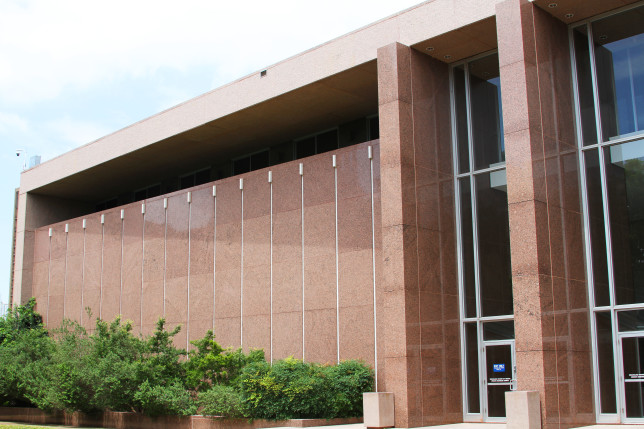Ex Parte Marascio
No. WR–80,939–01, WR–80,939–02, WR–80,939–03,
Case summary written by Justin Stevens, Staff Member.
Marascio was convicted on three separate charges of bail jumping and failure to appear. He was sentenced to eight years’ imprisonment for each charge, the sentences running concurrently. In his writ for habeas corpus, Marascio argued that the convictions violated the prohibition against double jeopardy. The court found that Marascio was not entitled to relief, and denied relief.
JUDGE KEASLER filed a concurring opinion, in which JUDGES HERVEY and YEARY joined.
Judge Keasler reasoned that under Ex parte Townsend, 137 S.W.3d 79 (Tex. Crim. App. 2004), if an applicant could have brought a claim on direct appeal, then the claim’s merits will not be entertained on habeas, and that a category-one right or prohibition should be the only exception to Townsend. Failing to exercise these rights should prove fatal to freestanding double-jeopardy claims on collateral review. Marascio’s writ failed because his double-jeopardy claims could have been raised on direct appeal and did not satisfy the exception to Townsend.
JUDGE RICHARDSON concurred in the result, with JUDGE NEWELL joining.
For Judge Richardson, the issue was whether a double jeopardy claim that was not raised on direct appeal may nevertheless be raised in an Article 11.07 application for writ of habeas corpus. Judge Richardson believed that Marascio’s claim was not cognizable because he did not believe that a double jeopardy violation was clearly apparent from the face of the record. Further, Judge Richardson concluded that Marascio’s double jeopardy claim did not survive a Townsend-based procedural bar under the two-part Gonzalez test.
JUDGE MEYERS, dissenting.
Judge Meyers dissented because the per curiam opinion did not indicate on what basis the court was denying relief; thus, according to Judge Meyers, it was impossible to know what rationale or legal theory was applied in order to conclude that applicant was not entitled to relief, and because the opinion did not address any double jeopardy case law (instead it focused on the procedural aspects of the case).
JUDGE JOHNSON, dissenting.
Judge Johnson dissented, believing that it was not necessary for Marascio’s counsel to “utter the magic words ‘Objection, double jeopardy’” at trial to raise the issue of double jeopardy. Judge Johnson rationalized that it was apparent the trial court was on notice that Marascio was objecting to being subjected to multiple punishments for a single act. Judge Johnson also suggested that a single act of failure to appear is subject to a single punishment, regardless of how many individual charges are pending.
JUDGE ALCALA, dissenting.
Judge Alcala would have left intact the current case law that applies procedural default to double-jeopardy claims on a case-by-case basis. Judge Alcala would also have applied Gonzalez to determine whether the double-jeopardy claim was entitled to consideration on the merits. Because Marascio failed to appear at a single court setting, Judge Alcala believed that it was inappropriate to punish him for multiple charges on the same violation.

